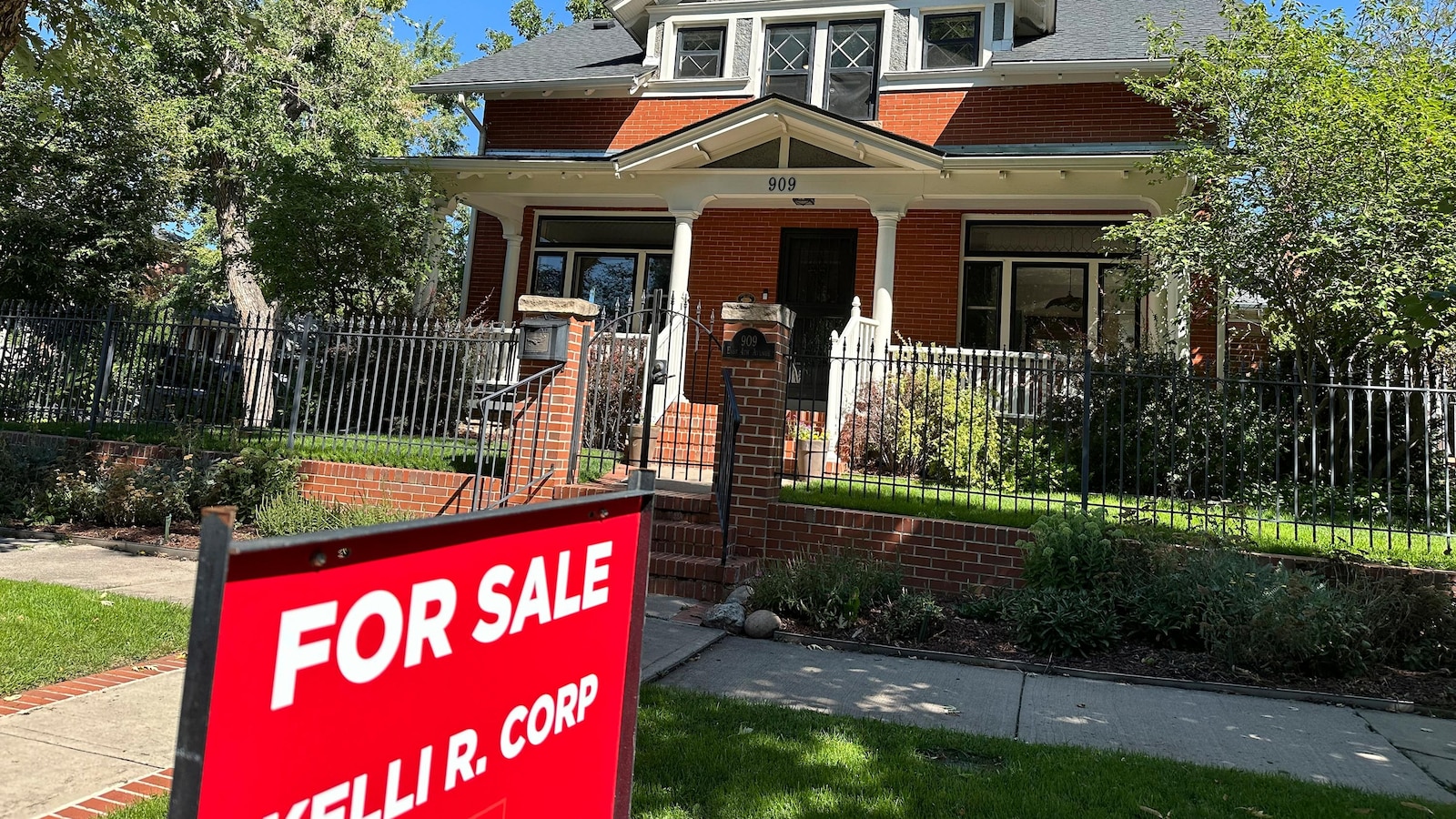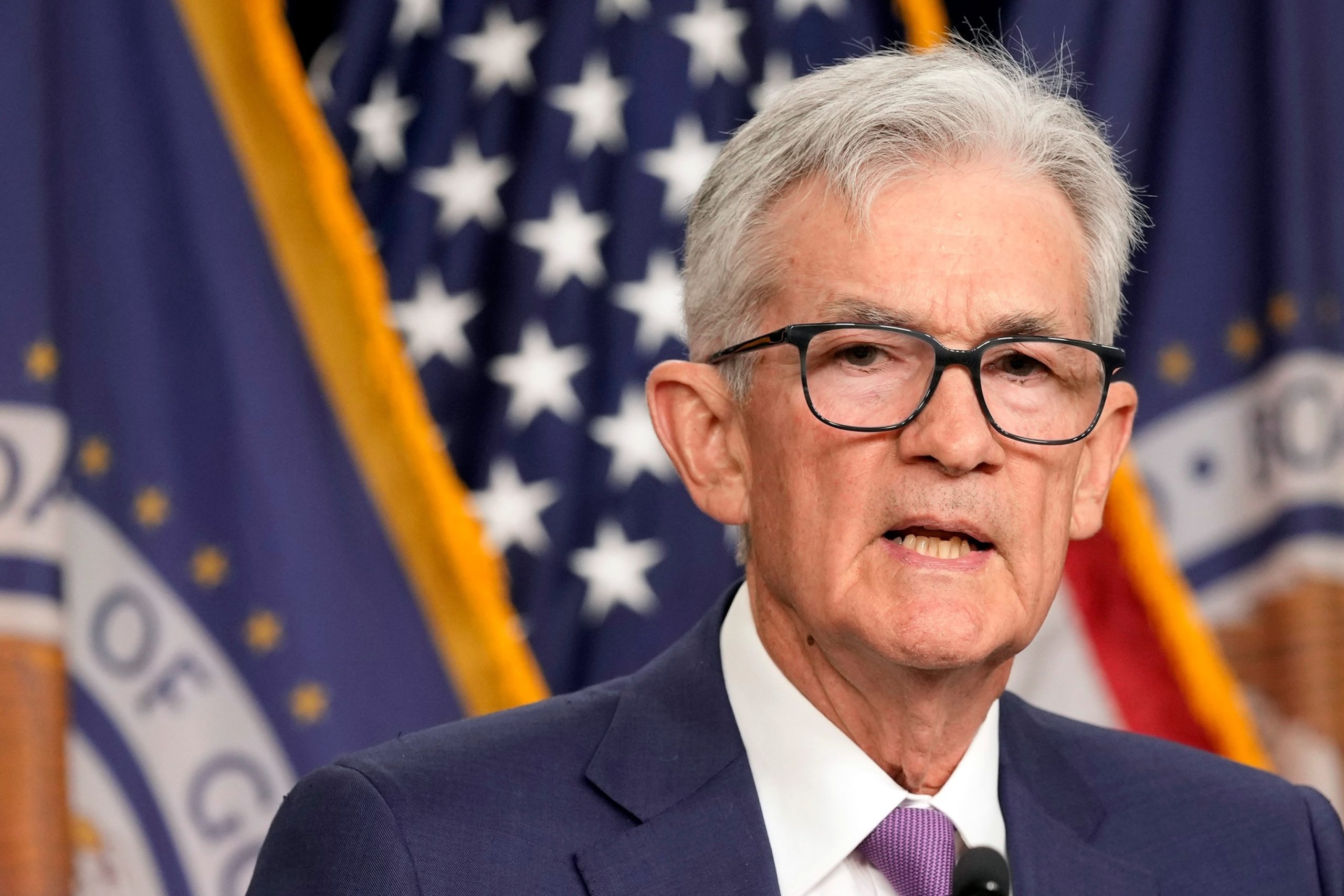
NEW YORK — A Las Vegas man pleaded guilty Tuesday to a federal criminal charge alleging that he duped people into donating tens of millions of dollars to what they thought were charities, but were really political action committees or his own companies.
Richard Zeitlin, 54, entered the plea to conspiracy to commit wire fraud in Manhattan federal court, where sentencing was set for Dec. 10. A plea agreement he signed with prosecutors recommended a sentence of 10 to 13 years in prison.
He also agreed to forfeit $8.9 million, representing proceeds traceable to the crime, in addition to any fine, restitution or other penalty the judge might impose at sentencing. His lawyer declined comment.
Zeitlin carried out the fraud from 2017 through 2020 by using “call centers” that he has operated since at least 1994 to raise hundreds of millions of dollars for charities and political action committees, according to an indictment.
Since 2017, he used the call centers to defraud numerous donors by providing false and misleading information about how their money would be spent and the nature of the organizations that would receive their money, the indictment said.
Although donors were told they were helping veterans, law enforcement officers and breast cancer patients, up to 90 percent of the money raised went to Zeitlin’s companies, according to court papers.
It said Zeitlin encouraged some prospective clients starting in 2017 to operate political action committees rather than charities because they could dodge regulations and requirements unique to charities.
Zeitlin directed staff to change their phone solicitation scripts to convince people they were donating to charities rather than a political cause because that approach attracted more money, the indictment said.
For instance, it said, a call center employee would tell someone that a donation “helps the handicapped and disabled veterans by working on getting them the medical needs” they could not get from the Veterans Administration.
Sometimes, the indictment said, Zeitlin cheated the political action committees of money too by diverting money to his companies rather than to the causes that were described by call center workers.
“Zeitlin’s fraudulent actions not only undermined the trust of donors but also exploited their goodwill for personal gain,” U.S. Attorney Damian Williams said in a release.
Telemarketing fraud is a serious crime that preys on unsuspecting individuals, often targeting vulnerable populations such as the elderly or those who are desperate for financial assistance. Recently, a man has come forward and admitted to participating in a profitable telemarketing fraud scheme that has defrauded countless victims out of their hard-earned money.
The man, who has chosen to remain anonymous, revealed that he was recruited by a criminal organization that specialized in running fraudulent telemarketing operations. He was promised a substantial salary and bonuses for his participation in the scheme, which involved making unsolicited calls to individuals and convincing them to invest in fake products or services.
The man admitted that he was trained in high-pressure sales tactics and was instructed to use deceptive techniques to manipulate potential victims into handing over their personal information and credit card details. He also confessed to being aware of the illegal nature of the operation but chose to turn a blind eye in pursuit of financial gain.
Telemarketing fraud is a widespread problem that costs consumers billions of dollars each year. These scams often involve convincing individuals to purchase worthless products, donate to fake charities, or provide sensitive information that can be used for identity theft. The perpetrators of these schemes often target vulnerable populations who may be more susceptible to their tactics.
The man’s admission sheds light on the inner workings of these fraudulent operations and serves as a reminder of the importance of being vigilant when receiving unsolicited calls. It is crucial for individuals to be wary of any requests for personal information or payment over the phone and to report any suspicious activity to the authorities.
In conclusion, telemarketing fraud is a serious crime that can have devastating consequences for its victims. By coming forward and admitting his involvement in a profitable telemarketing fraud scheme, this man has taken a step towards accountability and hopefully deter others from engaging in similar criminal activities. It is essential for consumers to educate themselves on how to protect against telemarketing scams and to report any suspicious activity to prevent further harm.


